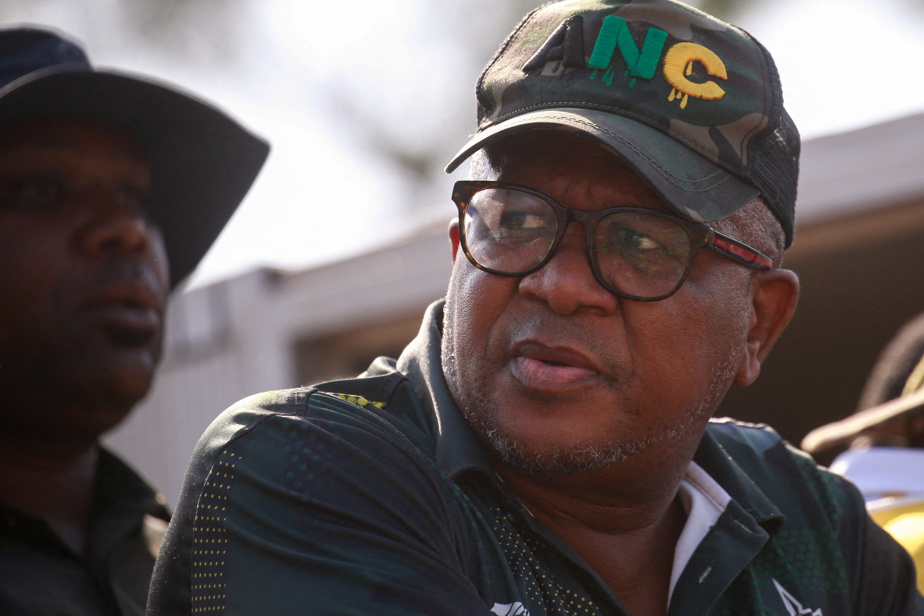(Cape Town) The ANC, the largest South African party, deprived of an absolute majority by the last elections at the end of May, announced Thursday that it had reached an agreement with several parties with a view to the formation of a coalition government.
“We have reached a common understanding on the need to work together,” ANC secretary-general Fikile Mbalula told a news conference on the eve of the first session of the new parliament.
The coalition must “gravitate around the center”, after a rejection of the agreement by the left-wing parties, he declared, and give birth to a government of national unity.
The agreement should allow the reappointment of President Cyril Ramaphosa for a second term during Friday’s parliamentary session in Cape Town.
Mbalula said the coalition includes the center-right Democratic Alliance (DA), the Zulu nationalist Inkatha Party (IFP), the small center-left United Democratic Movement and FF Plus, a white identity party.
The radical left-wing Economic Freedom Fighters (EFF) were excluded from the deal, Mr Mbalula said.
Not mentioned by Mr. Mbalula, the party of former President Jacob Zuma, uMkhonto weSizwe (MK), which came third in the elections, did not support this agreement either.
The MK, which announced its intention to file a legal appeal, contests the validity of the results of the legislative elections and denounces irregularities. Its 58 deputies plan to boycott the opening session of the new Parliament.
Other small parties, including the center-left Rise Mzansi party, have agreed to join the government, but with reservations, added the secretary general.
Since the advent of post-apartheid democracy 30 years ago, the African National Congress, ANC, Nelson Mandela’s historic party, held an absolute majority and elected a president from its ranks.
But the former liberation movement, weakened by corruption and poor economic performance, saw its support collapse in May 29 elections, which gave it just 40 percent of the vote, or 159 seats out of 400.
In South Africa, the president is chosen from among MPs in a secret ballot by the National Assembly. He must then choose the ministers who will form the executive in Pretoria.




